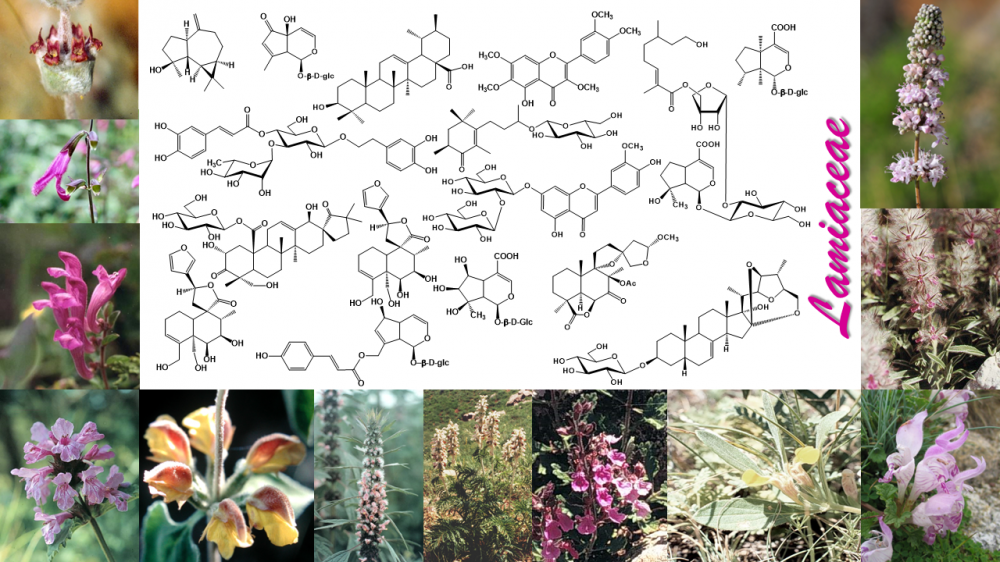JOURNAL 3458
Records of Natural Products
Year: 2025 Issue: Special Issue:Lamiaceae Family: Phytochemistry, Pharmacology, Ethnopaharmacology, Ethnobotany and as Food Soruce
p.350 - 374
Viewed 17 times.
GRAPHICAL ABSTRACT

ABSTRACT
The Lamiaceae family, or mint family, is renowned for its aromatic oils, which have played a crucial role in culinary, medicinal, and horticultural practices throughout history. Many species hold significant economic value, serving as sources of wood, ornamental plants, cosmetics, and medicinal and culinary herbs. In Türkiye, Lamiaceae is represented by five of the 12 global subfamilies: Ajugoideae, Lamioideae, Nepetoideae, Scutellarioideae, and Viticoideae. Systematic studies highlight the family's rich diversity, particularly its medicinal and pharmaceutical potential, chemotaxonomic and phylogenetic significance, biodiversity, conservation importance, and ecological roles. Their diverse secondary metabolites and extensive use in traditional medicine make them valuable for drug discovery, natural product chemistry, and sustainable resource management. Given their high endemism (~44.9%) and culinary applications—such as flavoring herbs and herbal teas—Lamiaceae species native to Turkey and the Mediterranean deserve priority in research. This study presents findings on the non-volatile phytochemicals of selected plants from each subfamily at the genus level.
KEYWORDS- Lamiaceae
- ajugoideae
- lamioideae
- scutellarioideae
- viticoideae
- secondary metabolites